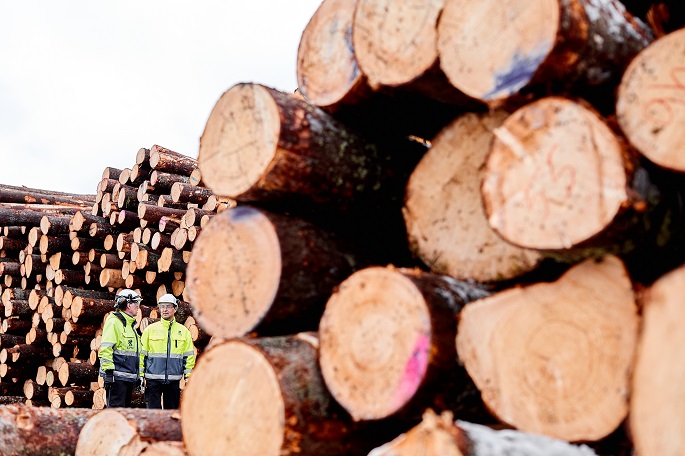Climate action not to affect jobs: SAK study
Published : 04 Feb 2020, 01:57
Updated : 04 Feb 2020, 10:21
If climate action is implemented in a managed way, climate change and efforts to mitigate it are unlikely to reduce the total volume of labour in Finland, according to the report of a study conducted by the Central Organisation of Finnish Trade Unions (SAK).
The report published recently also suggested that stricter emission reduction targets nevertheless remain a cause for concern in terms of maintaining competitiveness and jobs in many sectors, said SAK in a press release on Monday.
The release said transfers of work between and within sectors will heighten the need to update employee skills.
The assessments are based on a recent study which interviewed specialists from 13 unions in various industries.
“The interviewees found problems and uncertainties in assessing the impact of climate action on the world of work in all sectors. Estimating the scale of change proved particularly difficult,” said SAK International Affairs Adviser Pia Björkbacka.
She said the largest emission reduction targets are in the industrial and transport sectors, which also have the highest number of politically directed climate measures. These measures are also mainly based on political guidance in the public service sectors.
Climate action in private services and some transport sectors is often affected by changes in consumer behaviour and energy efficiency measures taken by businesses. Changes in consumer demand can also be seen in the industries.
“For example, Björkbacka said, “new food and health trends and growing climate awareness have created an entirely new type of business operation in Finland, with work in processing plant-based foodstuffs. The growing demand for battery technology is bringing more opportunities to Finnish mining and metals industries, plant-based products for the paper and chemical industry are replacing fossil raw materials, and timber construction is a growing business area for the wood products industry.”
The SAK study report suggested that climate action is boosting the need to update vocational skills in all sectors. Though the survey respondents felt that this need could largely be met through in-service training in most industries, nevertheless there were also many industrial sectors requiring completely new expertise.
Björkbacka stressed that climate policy must consider the impact of measures not only on carbon dioxide emissions but also on employment and the need for skills.


